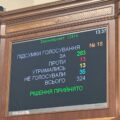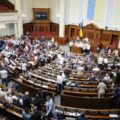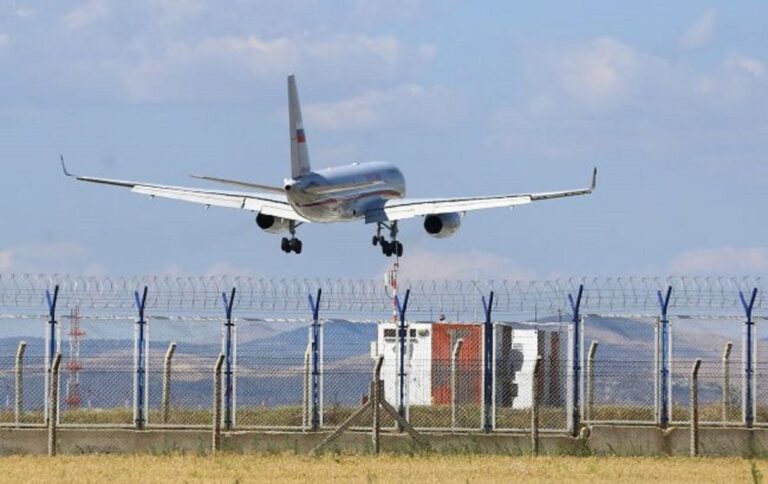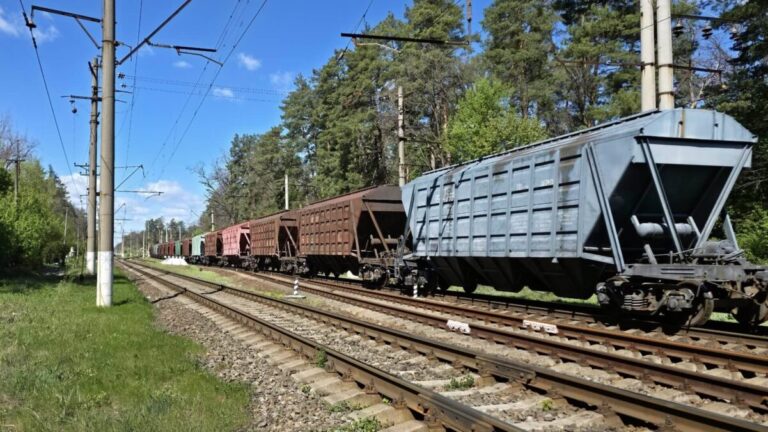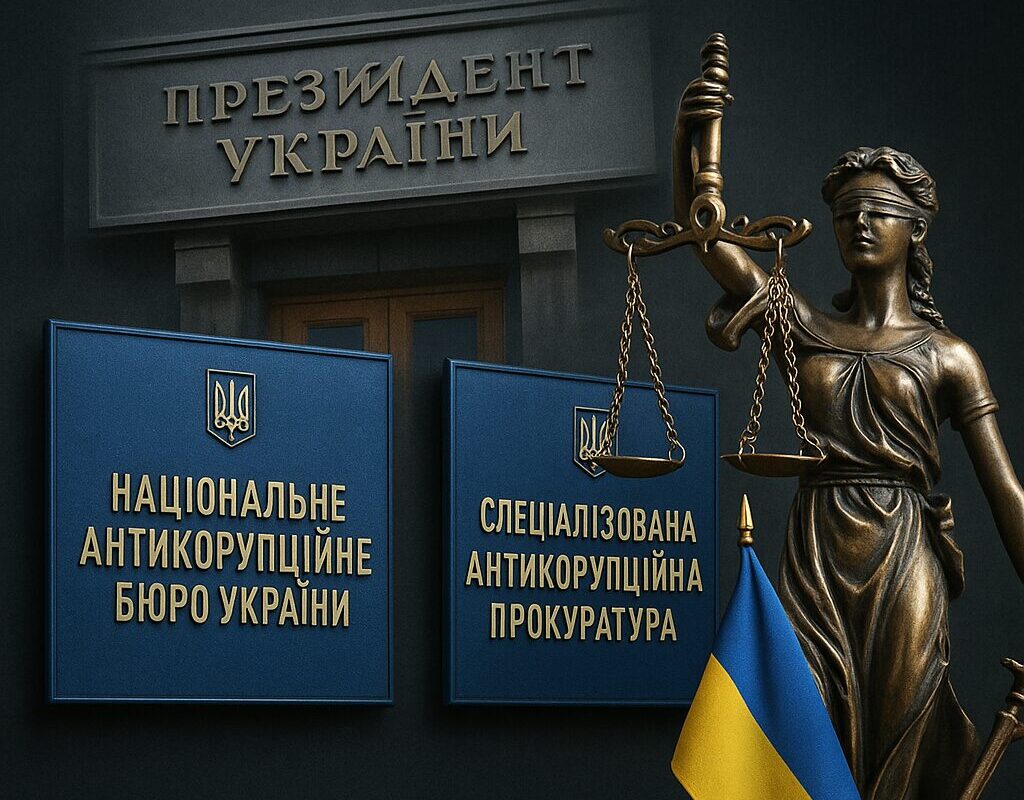
A Critical Juncture for Anti-Corruption: How Decisions on the National Anti-Corruption Bureau and the Specialized Anti-Corruption Prosecutor’s Office Put Ukraine’s Funding and Trust at Risk
Amid war and ongoing reform efforts, Ukraine faces a serious test: maintaining the independence of its anti-corruption agencies. Recent developments around the National Anti-Corruption Bureau of Ukraine (NABU) and the Specialized Anti-Corruption Prosecutor’s Office (SAPO) have become a catalyst not only for domestic protests, but have also jeopardized key funding from the European Union. What happened, why is this critical, and what are the possible consequences? Here is a detailed analysis based on legislative decisions, official statements, and the position of Ukraine’s partners.
On July 22, 2025, the Verkhovna Rada of Ukraine adopted the Law of Ukraine “On Amendments to Certain Legislative Acts of Ukraine to Improve the Efficiency of Anti-Corruption Bodies” (registration number 9550). This law effectively subordinated the National Anti-Corruption Bureau of Ukraine (NABU) and the Specialized Anti-Corruption Prosecutor’s Office (SAPO) to the Prosecutor General. In other words, a structure that was supposed to be independent and accountable to parliament and society lost its autonomy.
Western partners including the European Union, the European Commission, the International Monetary Fund, and key embassies publicly warned: this decision directly contradicts Ukraine’s anti-corruption commitments, slows down European integration, and could jeopardize financial assistance.
“We regard these changes as a departure from the principle of independence of anti-corruption institutions, which is a key condition for the continuation of support for Ukraine,” stated European Commission representative Guillaume Mercier.
Suspension of Funding and EU Conditions
On July 25, 2025, the European Union announced a temporary suspension of the next €1.5 billion aid tranche to Ukraine under the Ukraine Facility fund (a total of €4.5 billion for this stage). This was announced in Brussels and confirmed by The New York Times, Reuters, and both Ukrainian and European media. The Ukraine Facility is a key financial instrument for the country’s recovery, the implementation of reforms, and the fulfillment of obligations for accession to the European Union. The reason for the funding suspension is the failure to meet three out of sixteen benchmarks set in the relevant agreement between Ukraine and the EU.
Specifically, these include:
- Failure to appoint judges to the High Anti-Corruption Court,
- Lack of transparent appointment of the head of the Bureau of Economic Security of Ukraine,
- Loss of independence of NABU and SAPO.
“Ukraine requested the tranche in June, despite not meeting some of the conditions. We expect Kyiv to return to the standards of independent public administration,” said Guillaume Mercier, representative of the European Commission.
Public Response: Protests and Pressure on the Authorities
For the first time since the start of the full-scale war, mass protests were held in Ukrainian cities Kyiv, Odesa, Lviv, Dnipro, and others against the attempt to subordinate anti-corruption agencies to political leadership.
Civil society activists, lawyers, and some members of parliament insisted: such changes not only threaten the state’s reputation in the West, but also create new risks for systemic corruption.
Post List
A New Draft Law: Restoring Independence and Polygraph Tests for Anti-Corruption Officers
On July 26, President of Ukraine Volodymyr Zelenskyy registered in the Verkhovna Rada the Draft Law “On Amendments to Certain Legislative Acts of Ukraine on Ensuring the Independence of Anti-Corruption Bodies and Increasing the Transparency of Their Activities.” Its purpose is to repeal the provision subordinating NABU and SAPO to the Prosecutor General, restore their autonomy, and define their accountability to parliament.
A significant innovation:
The draft law also stipulates that all employees of NABU and SAPO must undergo annual polygraph (lie detector) tests, as an internal risk prevention measure.
“We are responding to public demand and the requirements of our partners. The principled independence of NABU and SAPO is the key to Ukraine’s credibility in the world,” states the explanatory note to the draft law.
The new document is scheduled for consideration by parliament on July 31, 2025.
The draft law and accompanying materials are available on the Verkhovna Rada’s website.
Why Is This Issue Critically Important for Ukraine?
European integration, financial aid, the effectiveness of reforms, and Ukraine’s international reputation depend directly on the functioning of an independent anti-corruption system.
Any concession or step backward in this area leads to direct financial losses, loss of investor confidence, and political support.
- The Ukraine Facility, as well as International Monetary Fund credit lines, are the foundation for economic recovery, social stability, and the implementation of reforms needed for EU membership.
- Restoring the independence of NABU and SAPO, transparent competitions, and appointments are key requirements from European and American partners, who have repeatedly made this public.
The situation regarding the independence of NABU and SAPO has become a litmus test for Ukraine’s willingness to pursue deep not merely decorative reforms. The decisions of parliament in the coming days will determine not only further European integration, but also the stability of funding from key donors and creditors.
Ukrainian society has shown that it is ready to fight for the principled autonomy of its anti-corruption agencies, and the authorities must respond to these challenges quickly and transparently, without betraying the country’s strategic interests.
Legal integrity, institutional independence, and accountability are the nation’s main weapons in the fight against both external and internal threats.





